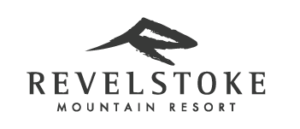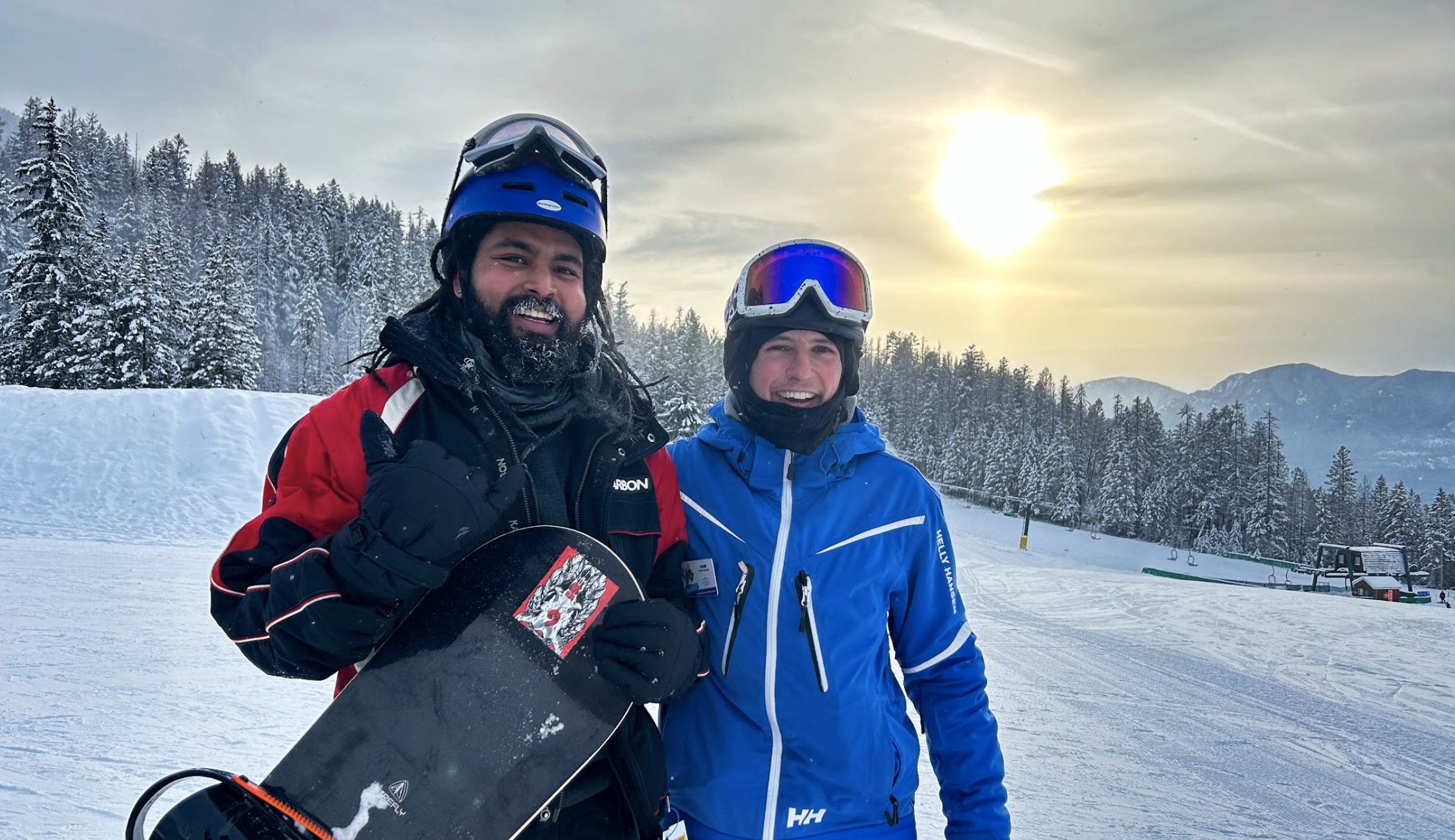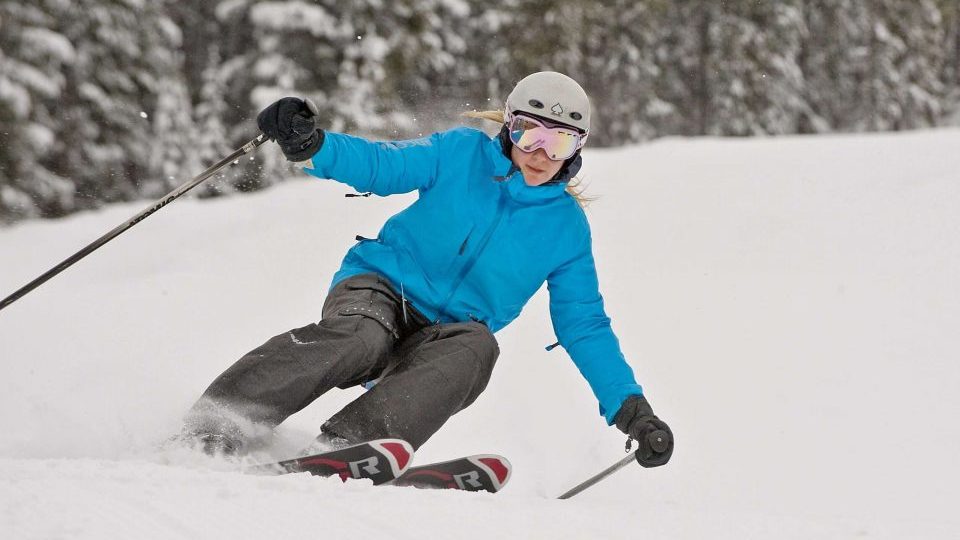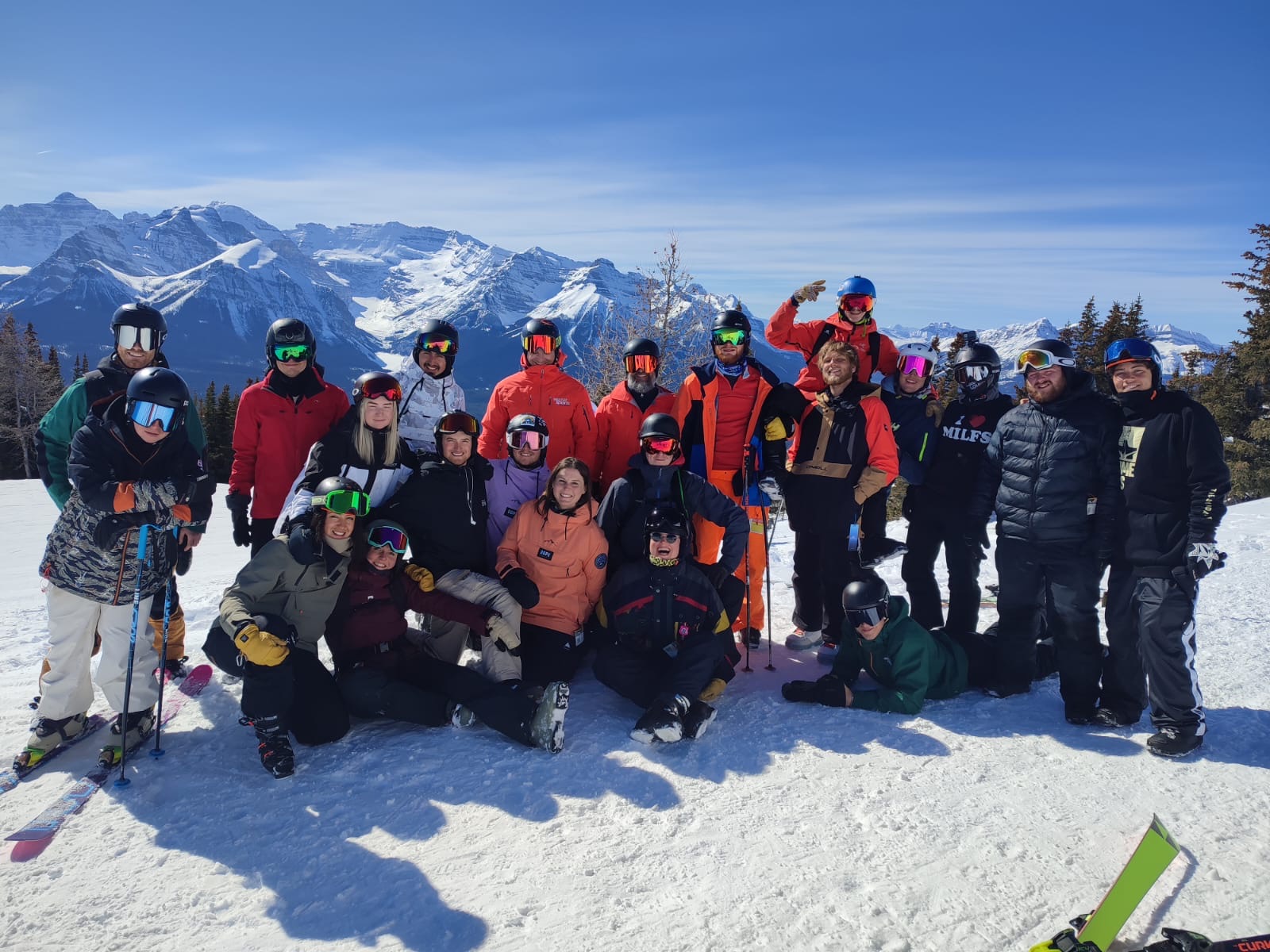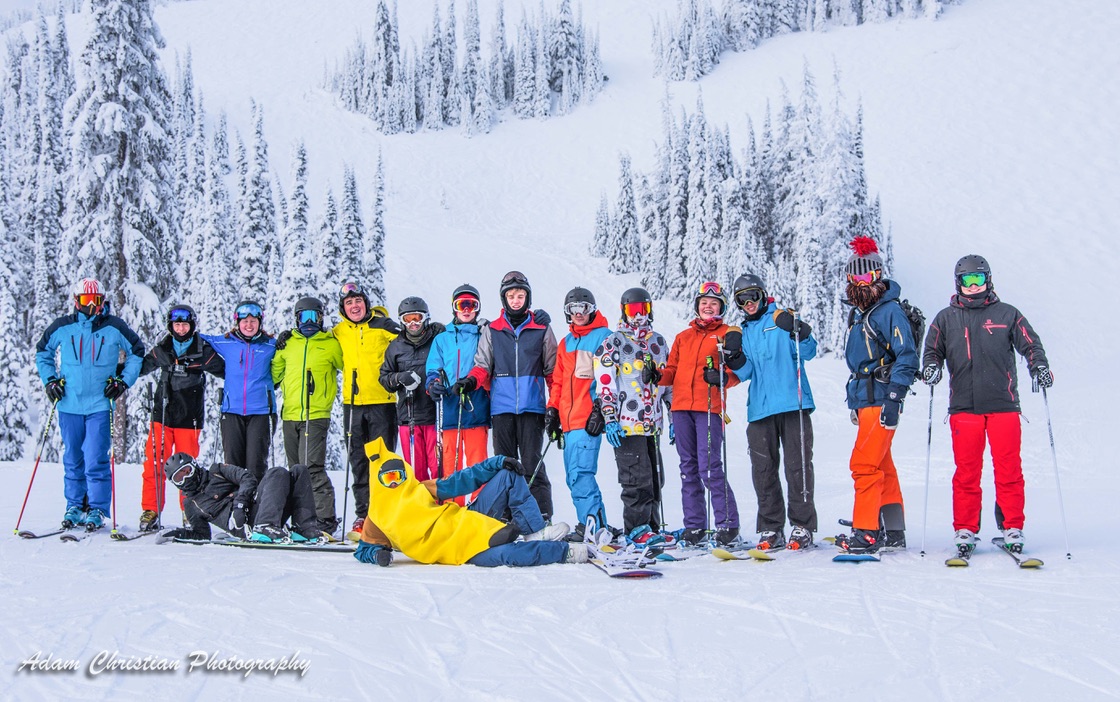Lorem ipsum dolor sit amet, consectetur adipiscing elit. Duis dapibus rutrum vulputate. Mauris sed eros nec est vehicula mattis ac vitae ligula. Maecenas vitae tristique sapien, vitae pellentesque lectus.
Remote Dogsled Teams: Wilderness Travel and Arctic Logistics
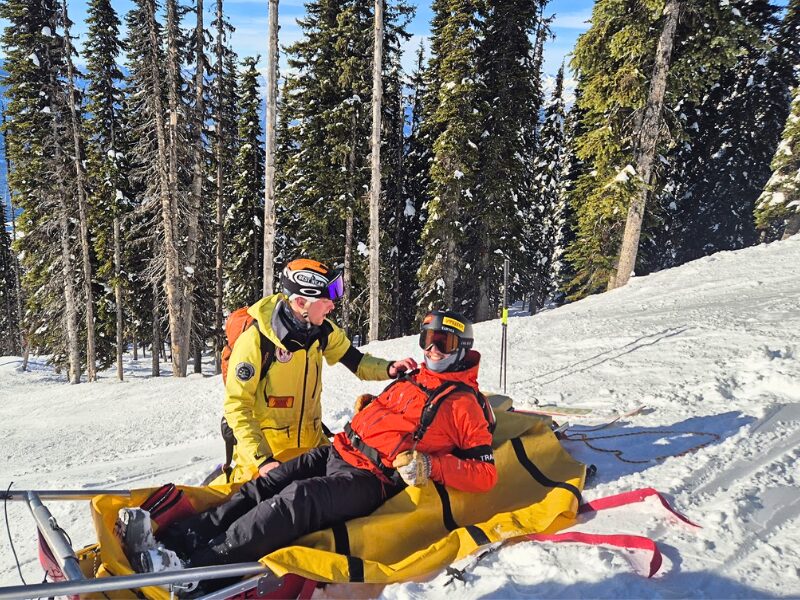
Guide Summary
In a world driven by high-tech vehicles and digital tools, dogsledding remains one of the most reliable and time-tested methods of navigating harsh winter environments.
Old-School Transport Meets Modern Expedition Work
In a world driven by high-tech vehicles and digital tools, dogsledding remains one of the most reliable and time-tested methods of navigating harsh winter environments. Remote dogsled teams are still used today for Arctic logistics, tourism, scientific expeditions, and cultural heritage preservation.
If you’re drawn to the deep bond between human and animal, thrive in extreme cold, and crave a lifestyle off the beaten path, working with a dogsled team may be the most meaningful way to engage with remote wilderness.
Key Qualifications and Pathway
While not governed by a standardized certification system, remote dogsledding roles require experience, resilience, and specialized skills in cold-weather survival, dog care, and long-distance wilderness travel.
Recommended Experience and Training
- Dog Handling and Kennel Management Experience: Hands-on time caring for working dogs is critical
- Wilderness First Responder or NUEC-A Certification: You must be prepared to manage injuries — yours, or the dogs’ — in remote terrain
- Cold-Weather Survival and Winter Camping Skills: Including emergency shelters, fire-starting, and backcountry cooking
- Navigation and Expedition Planning: Especially in Arctic and subarctic environments with limited daylight and no infrastructure
- Avalanche Safety (AST 1): For routes that cross or border avalanche terrain
- Animal First Aid (optional): A bonus for handlers operating far from veterinary care
Training is usually informal and comes from mentorship, volunteer programs, or seasonal apprenticeship with established mushers.
Career Path and Employers
Types of Dogsled-Based Work
- Expedition Logistics Support: Hauling gear for scientific research or long-range photography
- Adventure Tourism Guiding: Leading multi-day wilderness tours for visitors
- Cultural Heritage Tours: Working with Indigenous-owned operations to educate guests about traditional knowledge
- Freight Hauling: Transporting supplies to off-grid cabins or traplines
- Racing and Event Logistics: Supporting or competing in events like the Yukon Quest or Iditarod
Common Employers
- Tourism operators in Yukon, Nunavut, and Alaska
- Indigenous businesses focused on cultural tourism and land-based education
- Expedition companies and film crews
- Scientific research teams working on ice or tundra terrain
- Private kennels and competitive race teams
These jobs are typically seasonal (late fall to early spring) and require a willingness to live and work in extremely remote, physically demanding conditions.
How Winter Sports Company Can Help You Build a Remote Winter Career
While Winter Sports Company doesn’t offer dogsled-specific programs, many foundational skills in our training pathways apply directly to dogsled operations and Arctic travel.
You can:
- Complete NUEC-A or Wilderness First Responder training for remote emergencies
- Build snow safety knowledge through AST certifications
- Train in cold-weather survival and wilderness navigation
- Use seasonal mountain work to transition into winter roles in the North
- Connect with instructors and alumni working in expedition support and northern logistics
Many of our graduates combine winter guiding, ski patrolling, or avalanche work with seasonal northern adventures, including dogsled logistics or film crew support.
Next Steps: Mush Into the Mountains
If working with dogs in remote winter terrain calls to you, start by volunteering or apprenticing with a kennel. Combine your experience with advanced first aid, navigation, and cold-weather readiness.
Want to develop the foundation for a remote logistics or guiding career? Contact Winter Sports Company to explore your options – from avalanche safety to survival skills that carry you all the way to the Arctic.


